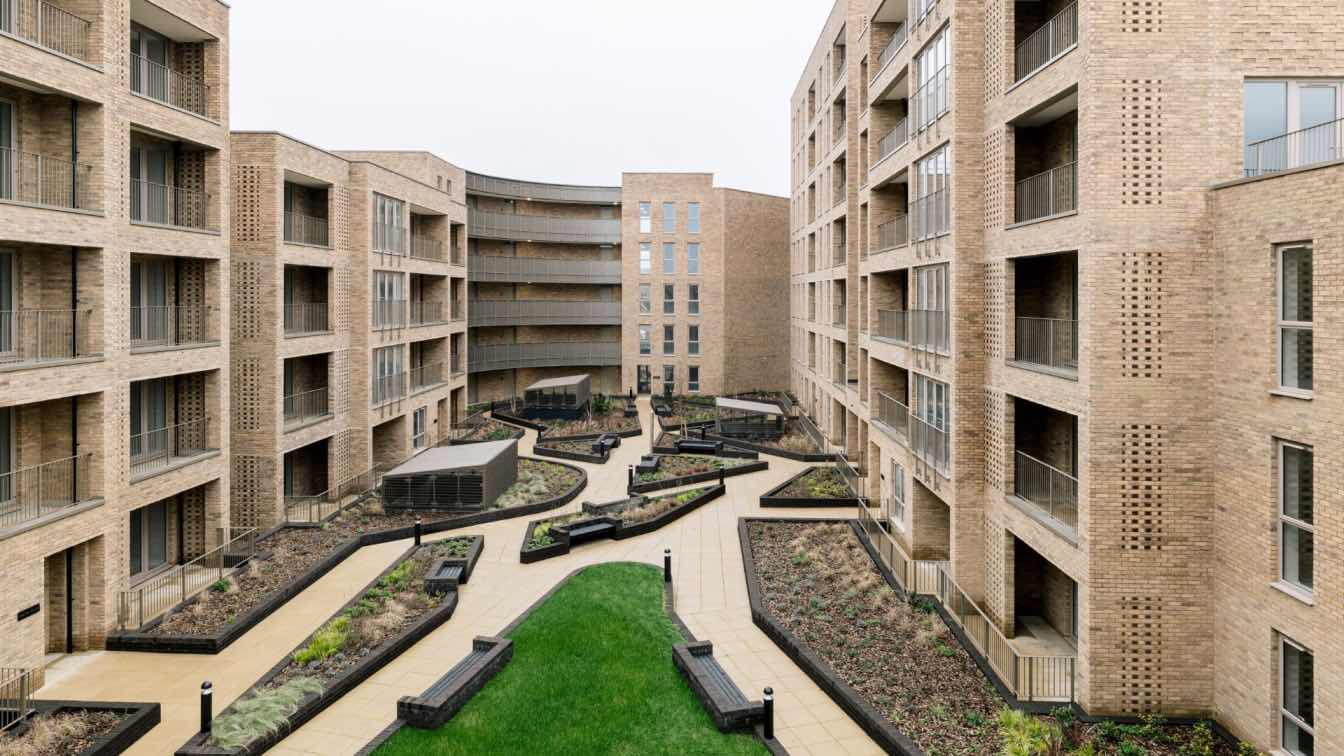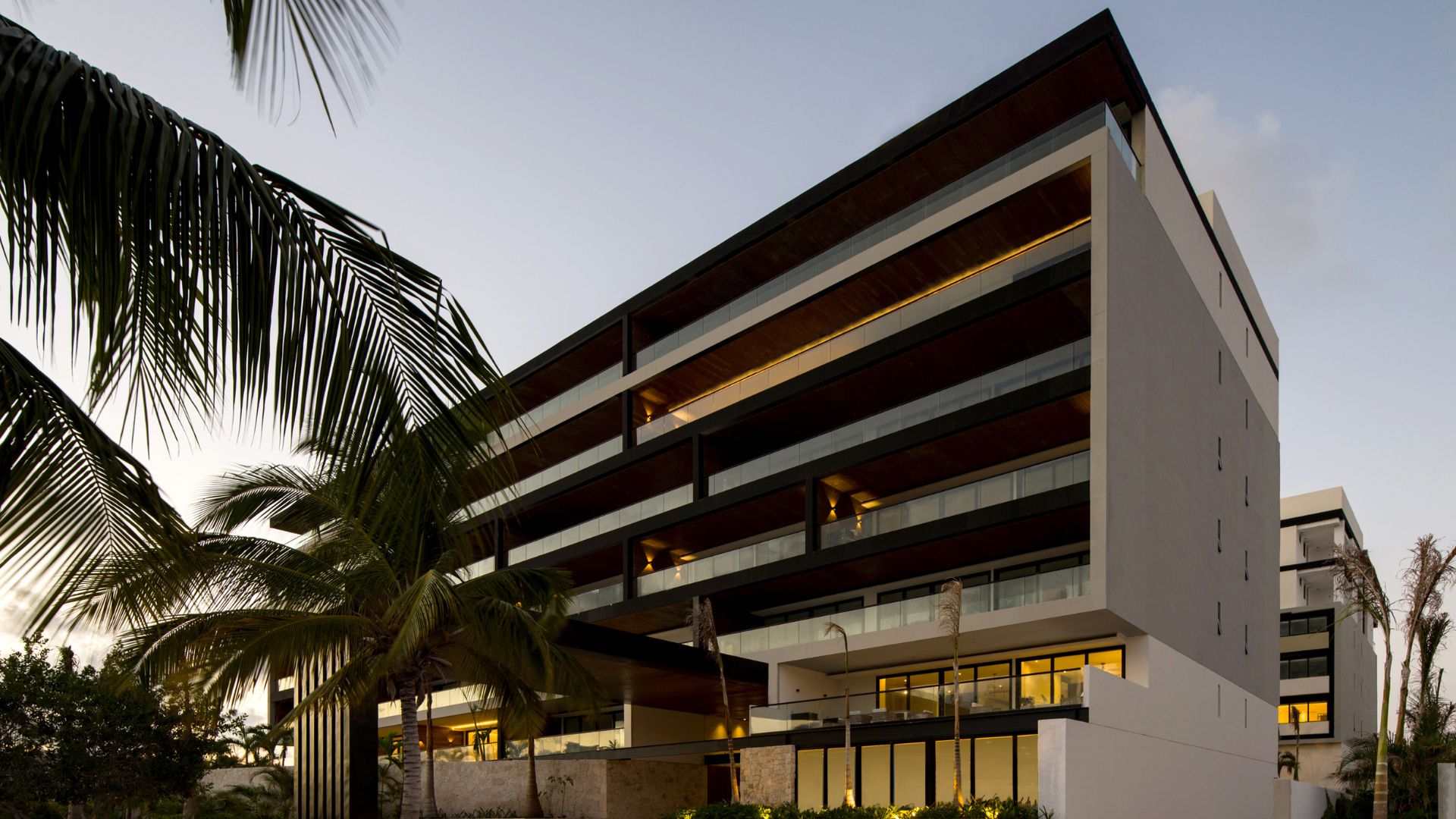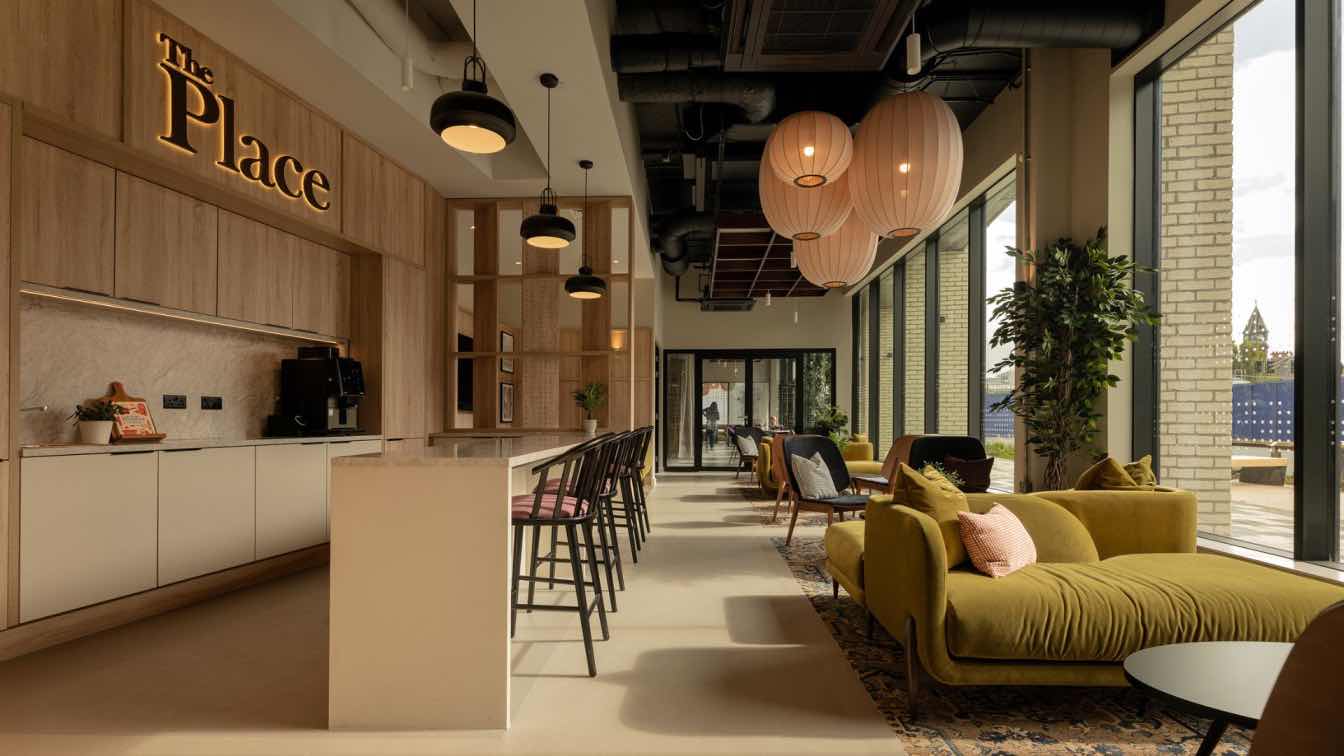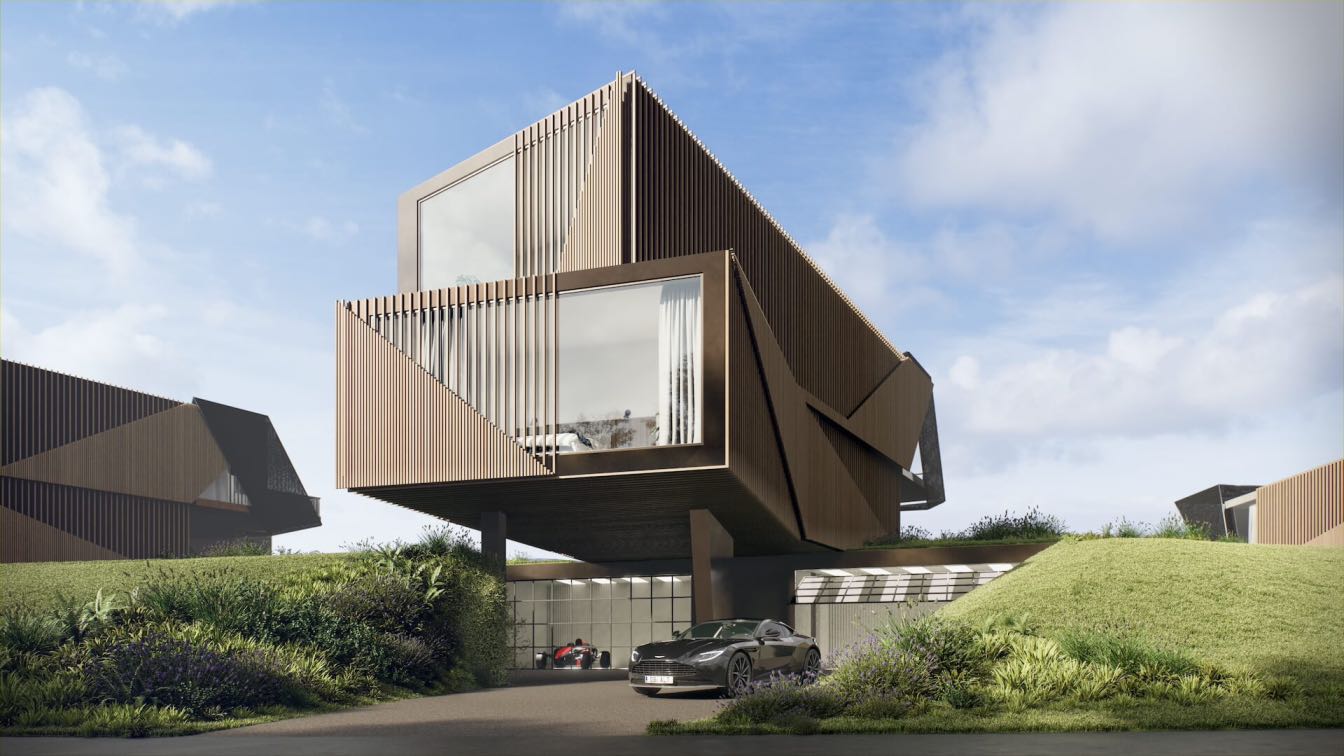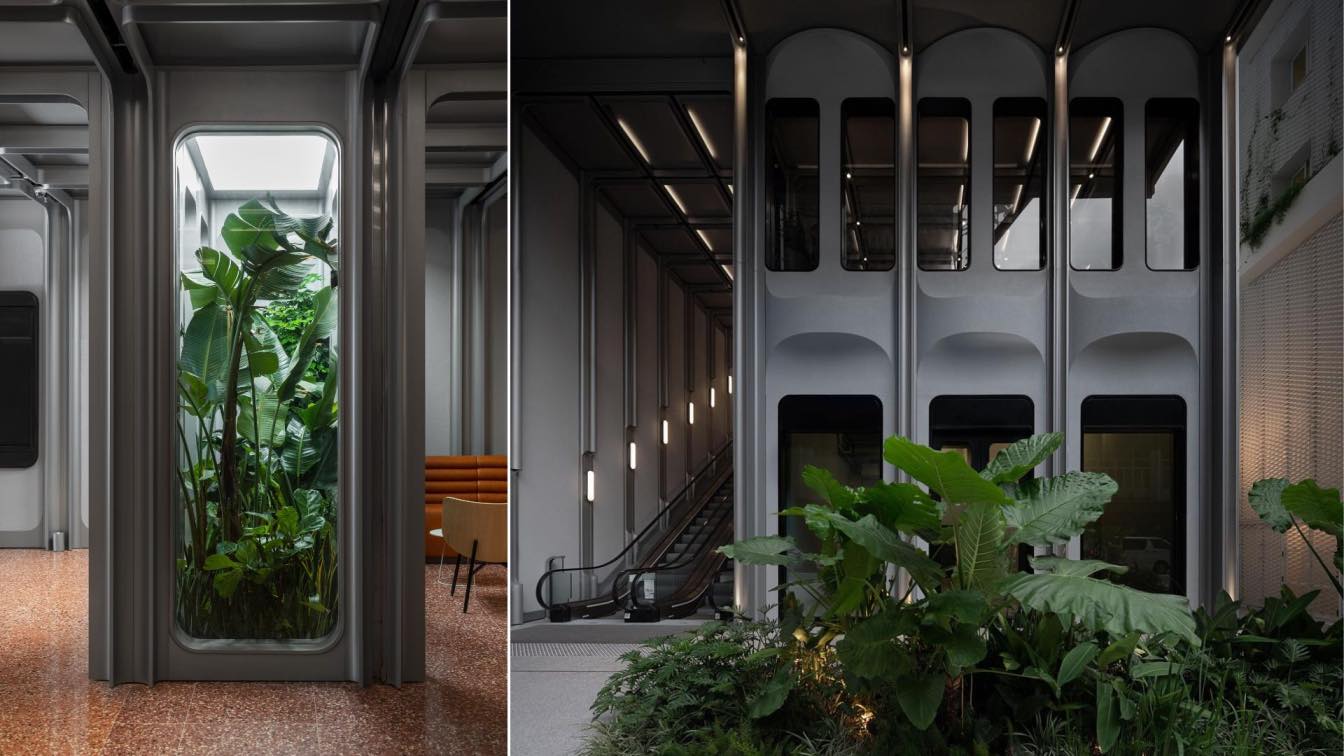Sterling Gardens, developed by Nelson Land, is a new-build, multi-occupancy housing scheme in Newbury, Berkshire, comprised of 167 apartments, central landscaping and lower ground floor parking. Phase one of the scheme has now completed, encompassing 119 apartments in six of the eight residential blocks, featuring design development and implementation by architects Nissen Richards Studio. The scheme, which covers a 1-hectare site, also included s38 and s278 works to form a new link road and represents the practice’s largest ever build project to date.
The homes were originally intended for private market sale only but will now be brought into affordable use following a grant secured from Homes England and the local authority. Phase one’s 119 homes will include 27 designated for social rent, 62 for affordable rent and 30 as shared ownership properties.
Site Background:
This large two-phase residential development in Newbury is located on a previously industrial site that had historic contamination issues, with close boundaries with both Network Rail and the Highway. In addition to these constraints, the pre-existing site had little drainage infrastructure or capacity and was part of an area review by Thames Water.
The site previously housed the Sterling Cables manufacturing plant and the Newbury Town Gas Company and was a pocket of commercial use within a predominantly residential neighbourhood. The proposed development for 167 apartments became a landmark scheme in Newbury on a gateway site alongside the railway line into the town.
Nelson Land purchased the site in 2006 and sought planning permission to allow a change of use to residential, whilst also committing to the long process of site decontamination. The change of use was permitted and the resultant planning permission also included a stipulation by West Berkshire Council to create a new road through the site, leading to two new roundabouts in order to help alleviate local traffic stress. The successful incorporation of this road plan was a major factor in planning permission being given on the third application in 2015.

Appointment:
Nissen Richards Studio were appointed to the project in 2018, at which point the site decontamination process had begun. Whilst the massing from the original scheme had to stay in place, the client asked for more work to be done on the building layouts.
‘As well as updating the elevational and internal layouts, we proposed changing the car park arrangement, replacing the proposed multiple entrances with a single entrance via a manned concierge station that also houses the building manager, and adding in a lift and external wheelchair access. Three venting structures set within the new landscaping arrangement bring light and air into the lower ground car parking area’ Jim Richards, Director of Nissen Richards Studio explained.
The practice re-considered the outline of the proposed buildings, ensuring the general massing was similar, but with a series of rationalised changes, including deeper balconies and meaningful window and door reveals, as well as a change to the landscaping in the central gardens, creating more visually playful forms. For the internal layouts of the apartments, the gross internal area was kept the same, but the new formations ensured the net sales area was increased, creating larger living spaces and more efficient common areas.

Materiality:
‘One of the biggest changes with the design evolutions to the scheme was an altered focus on materiality’ Jim Richards added. ‘Our approach was to base the designs in a much more contextualised study of local materials, leading to a more textured and expressive exterior treatment, showing a dedication to quality that goes all the way through the scheme.’
Nissen Richards Studio’s changes were covered by an initial Minor Material Amendment Application (S73) to the original planning.
Building Layout:
The buildings were arranged to go up in two phases with the first covering 119 apartments in blocks C to G and the second the remaining 48 apartments in blocks A and B. The apartment typologies are predominantly 2-bed, with half as many 1-bed propertied a small number of 3-bed in blocks C to G. Blocks A and B contain a number of duplex family units.
The final scheme sees a number of apartment buildings set around courtyard gardens. The homes offer secure parking and a concierge service, rare in new schemes so far from the capital. They feature full-height windows, Amtico flooring, and individually-designed kitchens with stone worktops and Bosch appliances. All apartments overlook the scheme’s centrepiece private gardens and have access to private terrace or balcony.
















